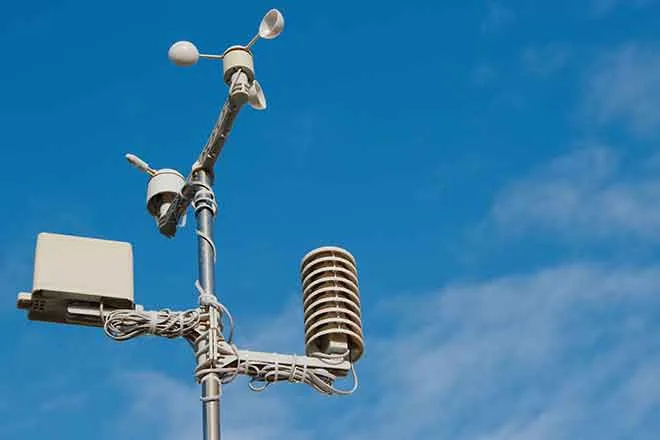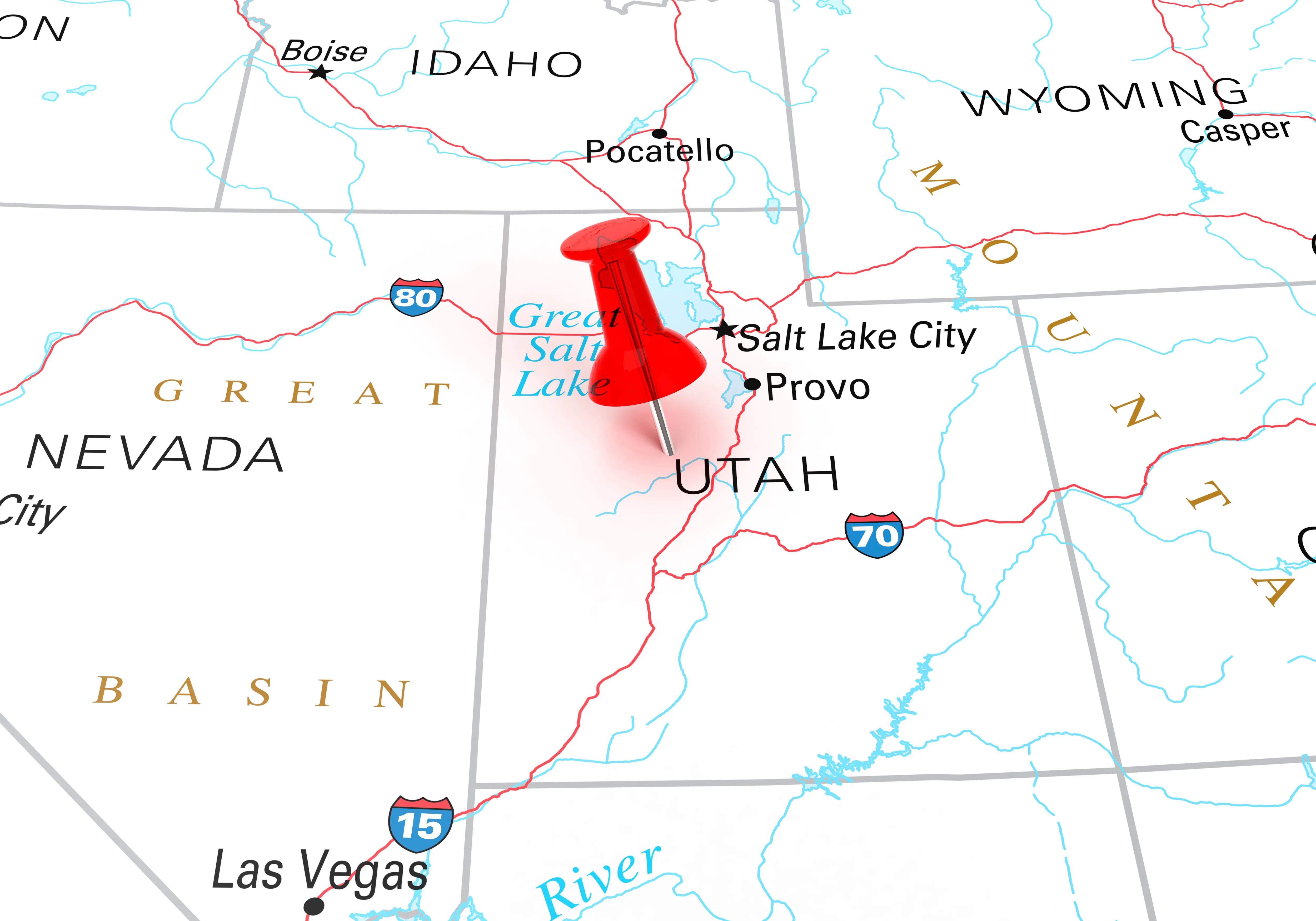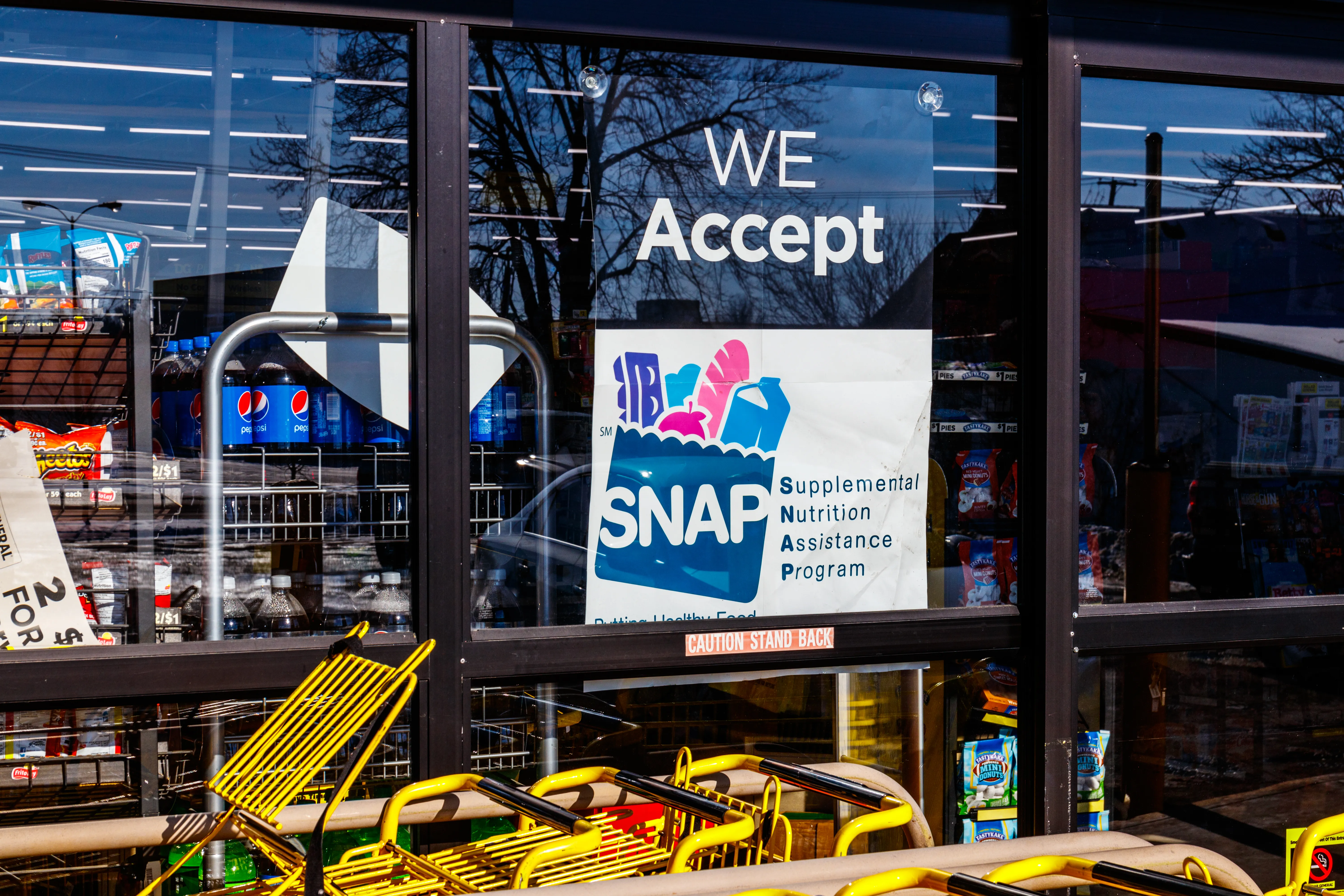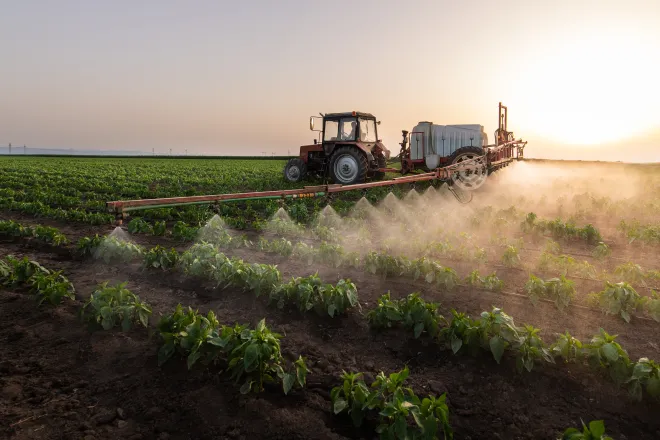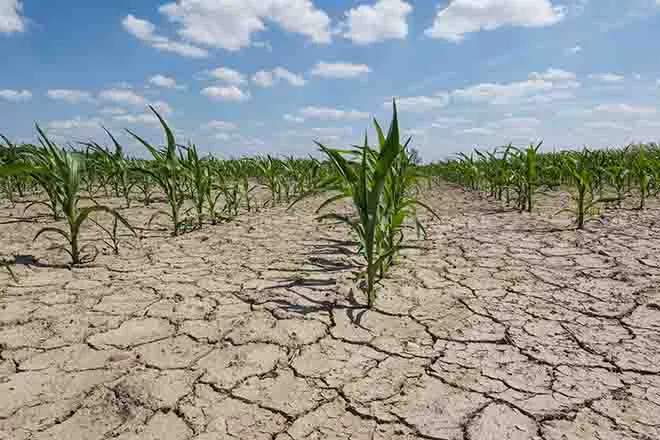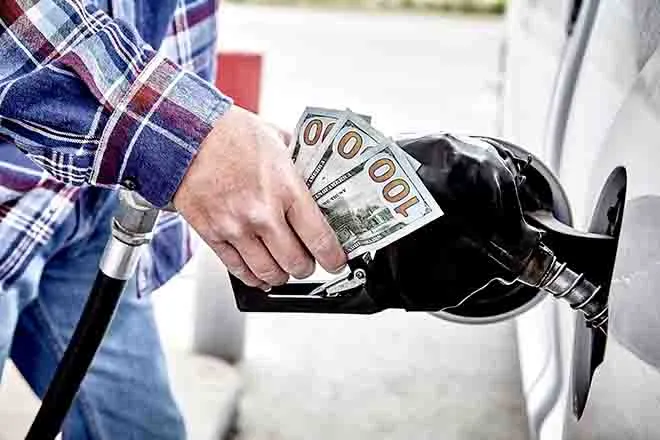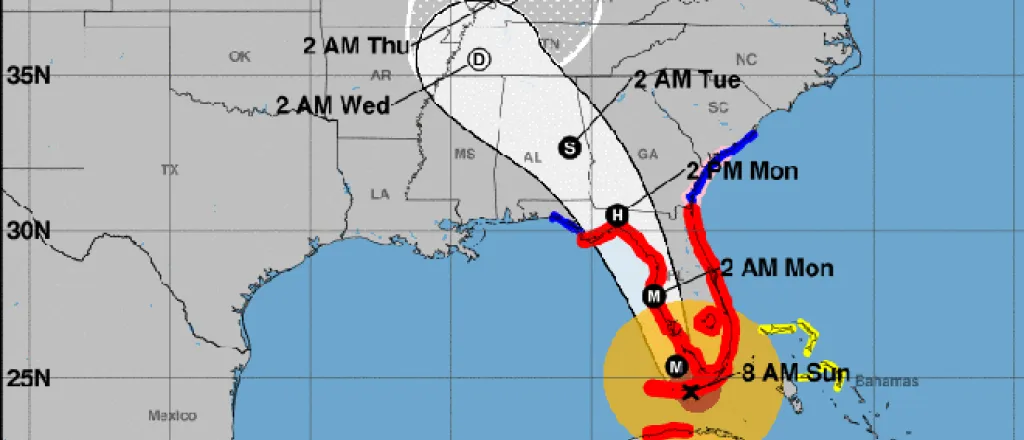
Disaster Relief – You Can Make a Difference
With Hurricane Irma hitting Florida and Hurricane Harvey striking Texas two weeks ago, disaster response agencies across the nation are continuing massive relief efforts.
Volunteer agencies, such as the Red Cross and Salvation Army – and hundreds of others, play a key role in assisting disaster survivors. Their efforts are made possible with donations from individuals and companies who wish to help those affected.
While intentions are good – and always appreciated - the wrong kinds of donations can actually make disaster response more problematic.
Most volunteer agencies prefer cash donations, and with good reason. Cash allows the exact items needed to be purchased, often at locations close to the impacted area. This reduces costs is a variety of ways, such as eliminating shipping and storage charges. Purchasing items closer to the disaster area also helps local businesses get back on their feet more quickly and restore economic health. Many disaster agencies allow you to specify which relief effort will benefit from your donation.
If you would prefer to donate goods instead of cash, make sure you know what is needed and can be used. Contact relief agencies ahead of time to get their list of the most needed items.
FEMA offers these tips to make the most of your contributions, consider these tips for donating and volunteering responsibly:
- Cash is the most efficient method of donating. Cash offers voluntary agencies the most flexibility in obtaining the most-needed resources and pumps money into the local economy to help businesses recover. Remember, unsolicited donated goods such as used clothing, miscellaneous household items, and mixed or perishable foodstuffs require helping agencies to redirect valuable resources away from providing services to sort, package, transport, warehouse, and distribute items that may not meet the needs of disaster survivors.
- Donate through a trusted organization. At the national level, many voluntary-, faith- and community-based organizations are active in disasters, and are trusted ways to donate to disaster survivors. In addition to the national members, each state has its own list of voluntary organizations active in disasters. If you’d like to donate or volunteer to assist those affected by disaster, these organizations are the best place to start.
- Affiliate with existing non-profit organizations before coming to the disaster area. Immediately following a disaster, a community can become easily overwhelmed by the amount of generous people who want to help. Contacting and affiliating with an established organization will help to ensure that you are appropriately trained to respond in the most effective way.
- Be safe. Do not self-deploy until a need has been identified and the local community impacted has requested support. Wait until it is safe to travel to volunteer sites and opportunities have been identified. Once assigned a position, make sure you have been given an assignment and are wearing proper safety gear for the task.
- Be patient. Recovery lasts a lot longer than the media attention. There will be volunteer needs for many months, often years, after the disaster - especially when the community enters the long-term recovery period.
- To help the Red Cross respond to disasters like floods donate on line by visiting www.redcross.org. You can also call 1-800-REDCROSS to make a donation.
- Images courtesy NOAA, FEMA.



